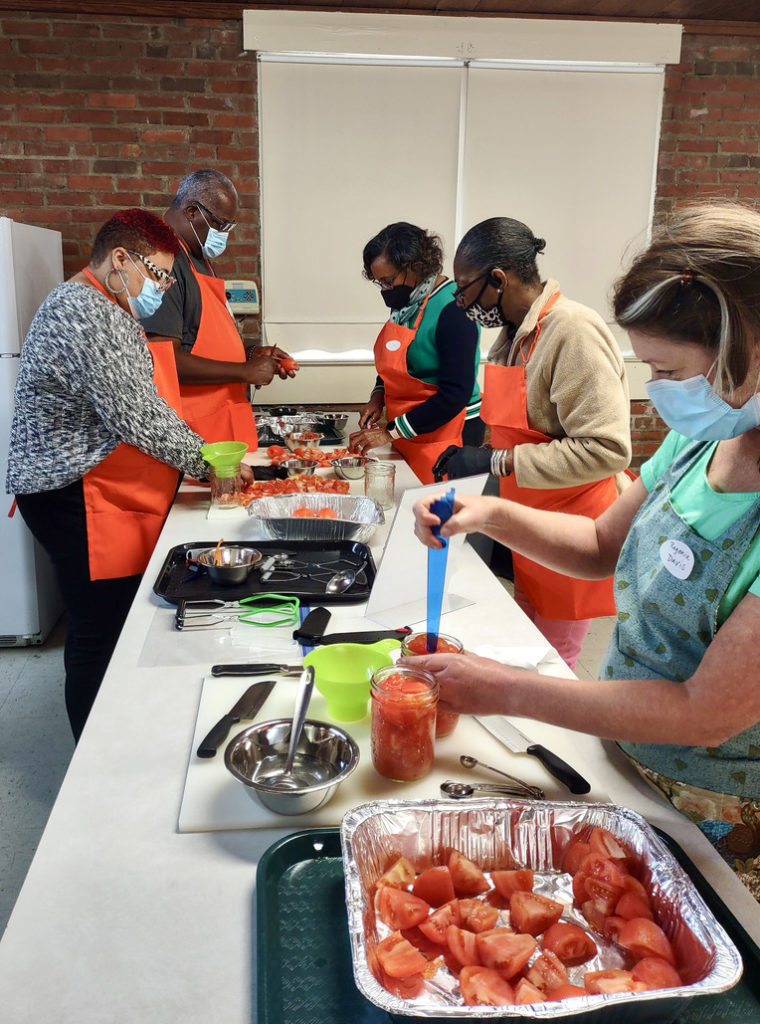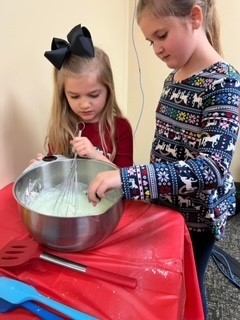Local Farm Tour:
K-12th grade 4-H Members of Fairfield and Newberry counties.
Wednesday, April 5; 10:00-12:00 (for ages 5-10) & 2:00-4:00 (for ages 11-18)
Tour Bowers Farm and see cows, sheep, goats, turkeys, rabbits, ducks, pigs, and both meat and egg-producing chickens. Cost is $10 per participant (including parents). Parents/guardians must stay with non-4-H member participants, but are welcome to stay with 4-H member participants. Transportation to and from the farm is not provided.
Register Here for the Tour.
Poultry Project:
K-12th grade 4-H Members
March-December
In the 4-H Pullet Chain, youth raise day old chicks for 5 to 7 months. Project members will care for, train, and prepare their birds for show and/or final sale. The 4-H Laying Flock Project is designed for youth that have older laying hens or purchased other chicks to raise.
Learn More and Register by March 1st (for Pullet Chain) and May 1st (for Laying Flock)
Rabbit Project:
K-12th grade 4-H Members
June- December
The 4-H Rabbit Project is an independent project open. You receive a Rabbit Record Book on caring for and raising rabbits into healthy adult rabbits, have the opportunity to participate in a regional rabbit show, gain access to the Youth Academy of Livestock Learning Rabbit Modules, as well as a regular project newsletter. Youth and families are responsible for providing their own rabbit for use in the project.
Learn More and Register by May 1st
Around the World with 4-H Virtual Club:
3rd– 8th grade Students (but all are welcome). Membership not required.
4th Thursday of each month; 4-5 pm
Travel to a different country each month and explore its cultural recipe. All are welcome to tour this Virtual Field Trip series which will also include craft ideas.
Register Here to join.
Take Home Kit Club:
3rd– 8th grade Fairfield County students (based on target ages of activities, K-12 welcome). Membership not required.
Monthly through May 2023
Receive one free activity kit per month until May 2023. Each kit will explore a different topic related to natural resources, agriculture, STEM, leadership, and life skills.
Register Here for your kit.



 Christopher LeMaster
Christopher LeMaster
 Mr. Adam Petty accepted the Laurens 4-H and Youth Development Agent position this fall and began working in Laurens on October 5, 2022.
Mr. Adam Petty accepted the Laurens 4-H and Youth Development Agent position this fall and began working in Laurens on October 5, 2022.

 Rainfall has been a big topic of conversation over the last year. Six months ago, we would have taken any drop we could get. Now, it’s a much different story. With all this rain and feeding hay comes mud….and lots of it. Too much mud can drastically affect cattle performance and pasture conditions. A study from the University of Nebraska gives us a range for loss of gain due to mud from 7% at dewclaw deep to 35% at belly deep with shin deep coming in at 14%. So how do we manage against this?
Rainfall has been a big topic of conversation over the last year. Six months ago, we would have taken any drop we could get. Now, it’s a much different story. With all this rain and feeding hay comes mud….and lots of it. Too much mud can drastically affect cattle performance and pasture conditions. A study from the University of Nebraska gives us a range for loss of gain due to mud from 7% at dewclaw deep to 35% at belly deep with shin deep coming in at 14%. So how do we manage against this?
